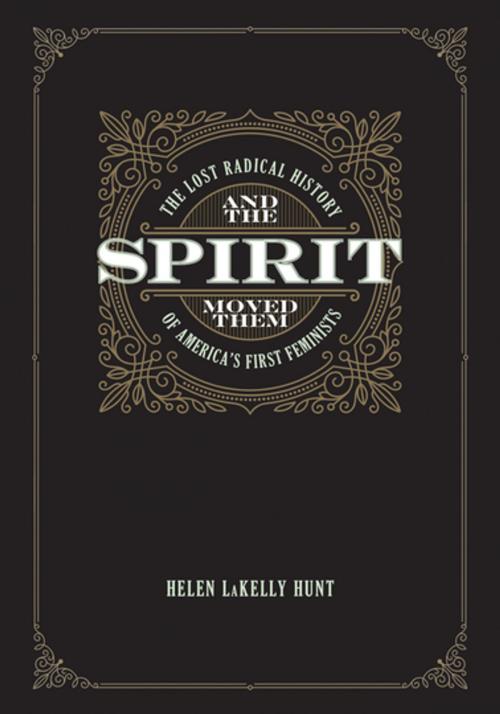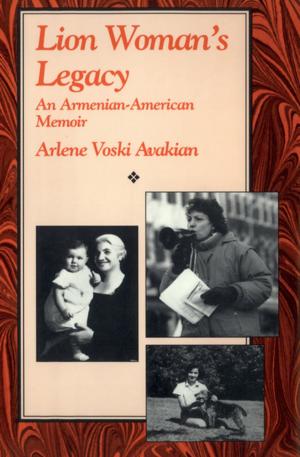And the Spirit Moved Them
The Lost Radical History of America's First Feminists
Nonfiction, Social & Cultural Studies, Social Science, Gender Studies, Women&, History| Author: | Helen LaKelly Hunt | ISBN: | 9781558614284 |
| Publisher: | The Feminist Press at CUNY | Publication: | April 17, 2017 |
| Imprint: | The Feminist Press at CUNY | Language: | English |
| Author: | Helen LaKelly Hunt |
| ISBN: | 9781558614284 |
| Publisher: | The Feminist Press at CUNY |
| Publication: | April 17, 2017 |
| Imprint: | The Feminist Press at CUNY |
| Language: | English |
The New York Times–bestselling author of Getting the Love You Want sends out a ‘call for renewed feminist action, based on “the spirit and ethic of love’” (Kirkus Reviews).
A decade before the Seneca Falls Convention, black and white women joined together at the 1837 Anti-Slavery Convention of American Women in the first instance of political organizing by American women for American women. Incited by “holy indignation,” these pioneers believed it was their God-given duty to challenge both slavery and patriarchy. Although the convention was largely written out of history for its religious and interracial character, these women created a blueprint for an intersectional feminism that was centuries ahead of its time.
Part historical investigation, part personal memoir, Hunt traces how her research into nineteenth-century organizing led her to become one of the most significant philanthropists in modern history. Her journey to confront her position of power meant taking control of an oil fortune that was being deployed on her behalf but without her knowledge, and acknowledging the feminist faith animating her life’s work.
The New York Times–bestselling author of Getting the Love You Want sends out a ‘call for renewed feminist action, based on “the spirit and ethic of love’” (Kirkus Reviews).
A decade before the Seneca Falls Convention, black and white women joined together at the 1837 Anti-Slavery Convention of American Women in the first instance of political organizing by American women for American women. Incited by “holy indignation,” these pioneers believed it was their God-given duty to challenge both slavery and patriarchy. Although the convention was largely written out of history for its religious and interracial character, these women created a blueprint for an intersectional feminism that was centuries ahead of its time.
Part historical investigation, part personal memoir, Hunt traces how her research into nineteenth-century organizing led her to become one of the most significant philanthropists in modern history. Her journey to confront her position of power meant taking control of an oil fortune that was being deployed on her behalf but without her knowledge, and acknowledging the feminist faith animating her life’s work.















